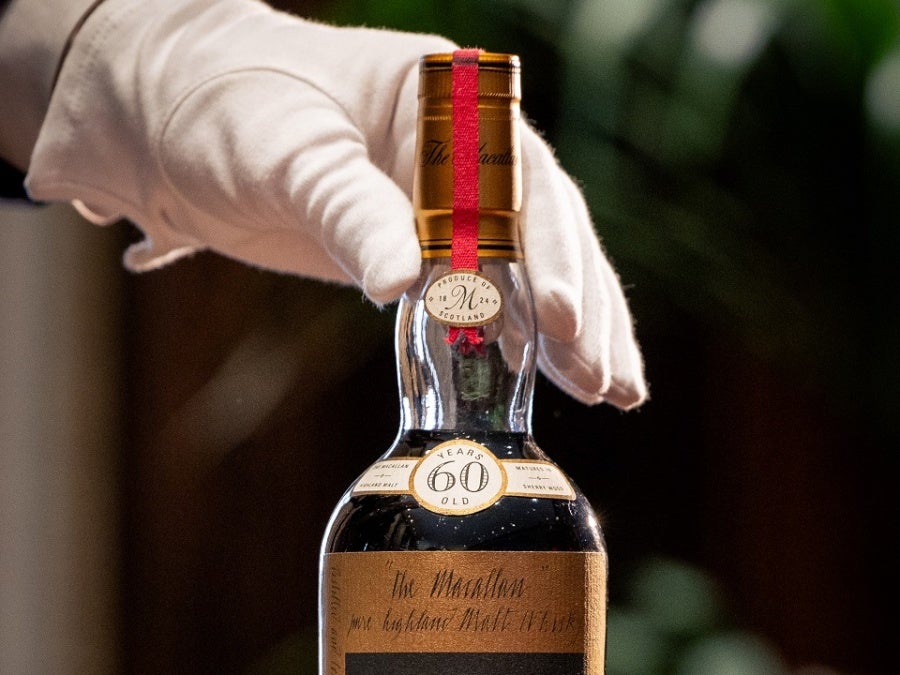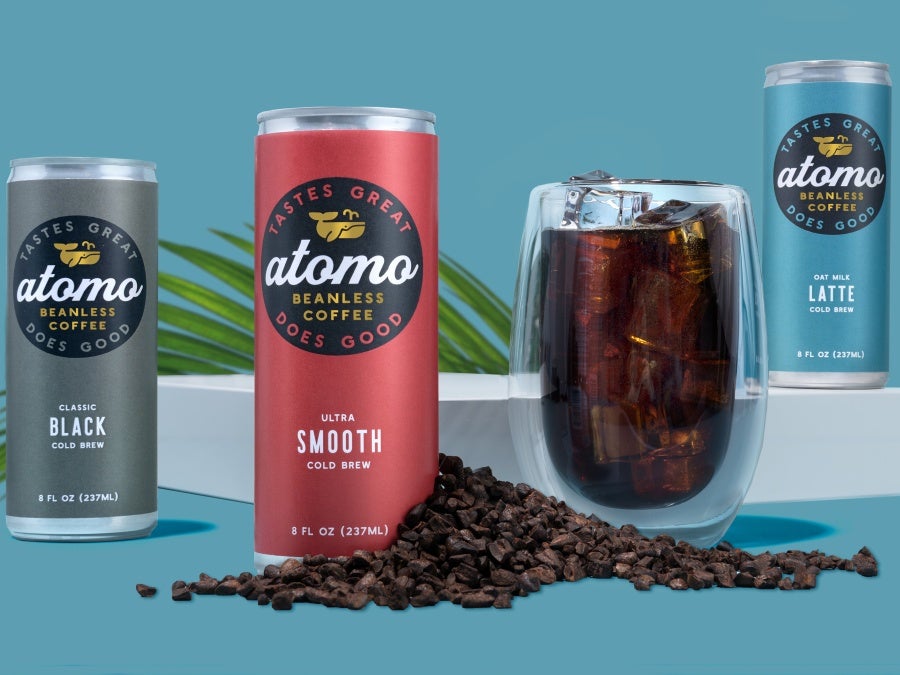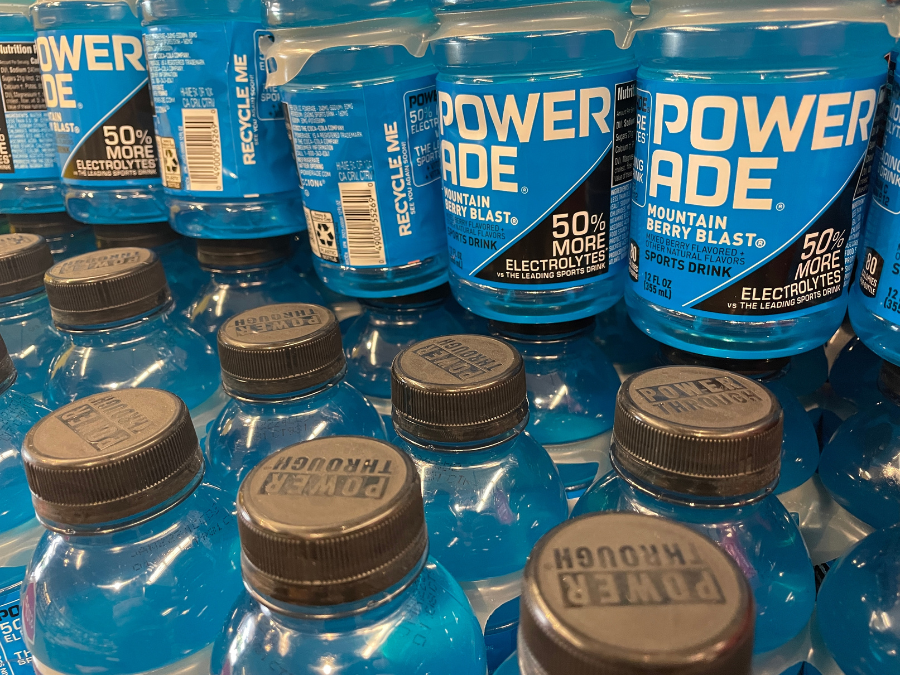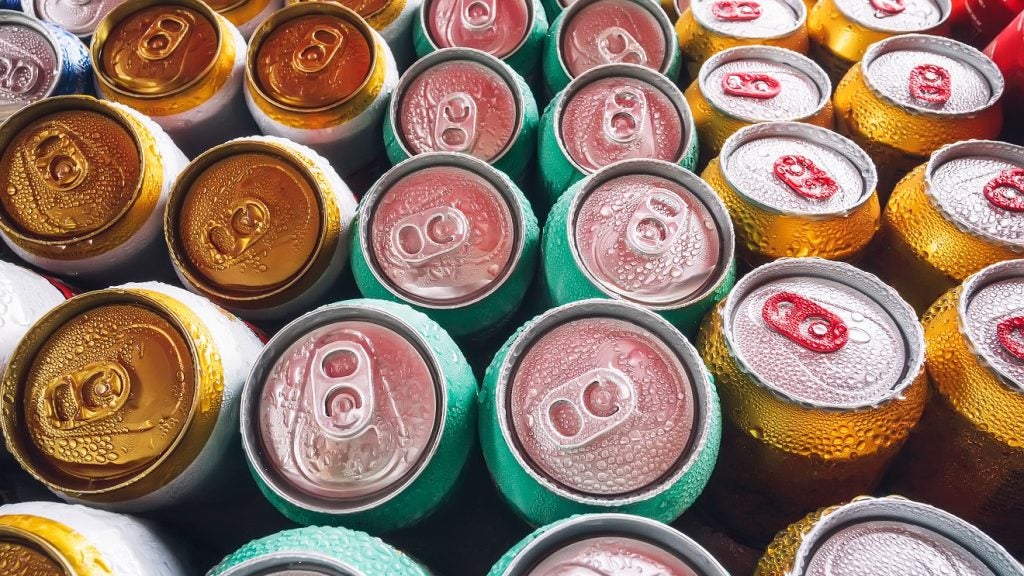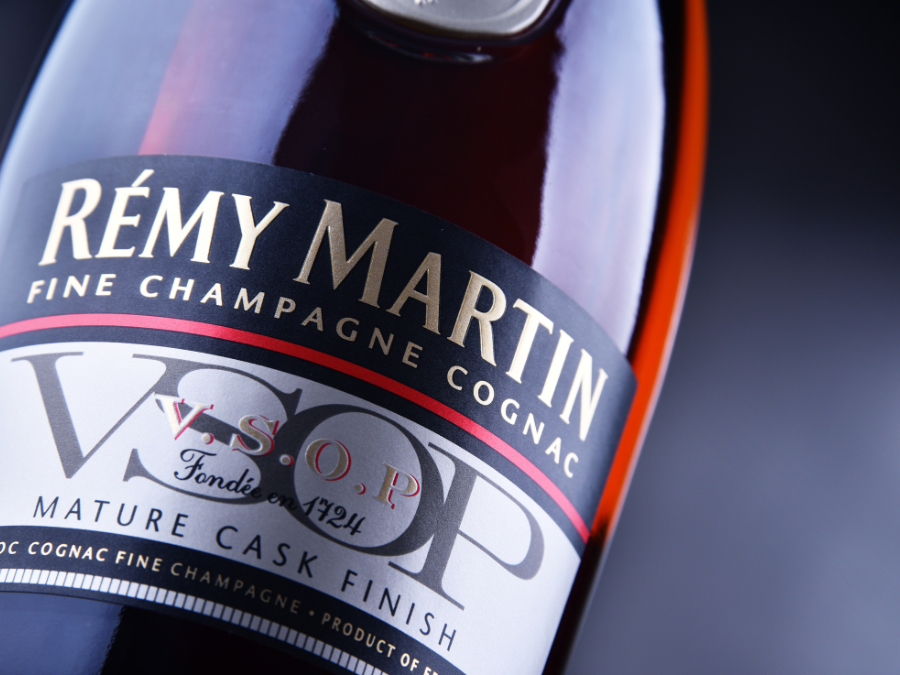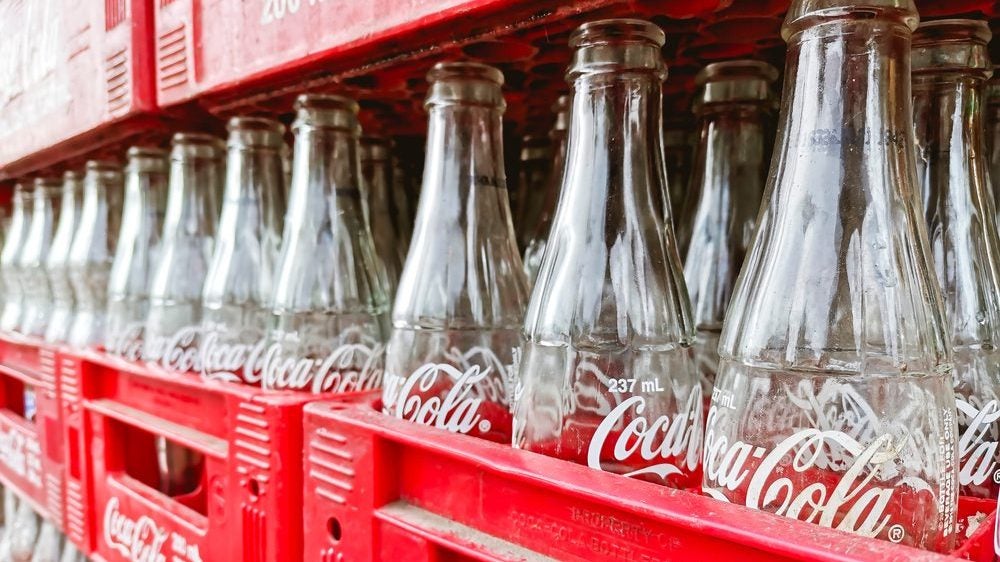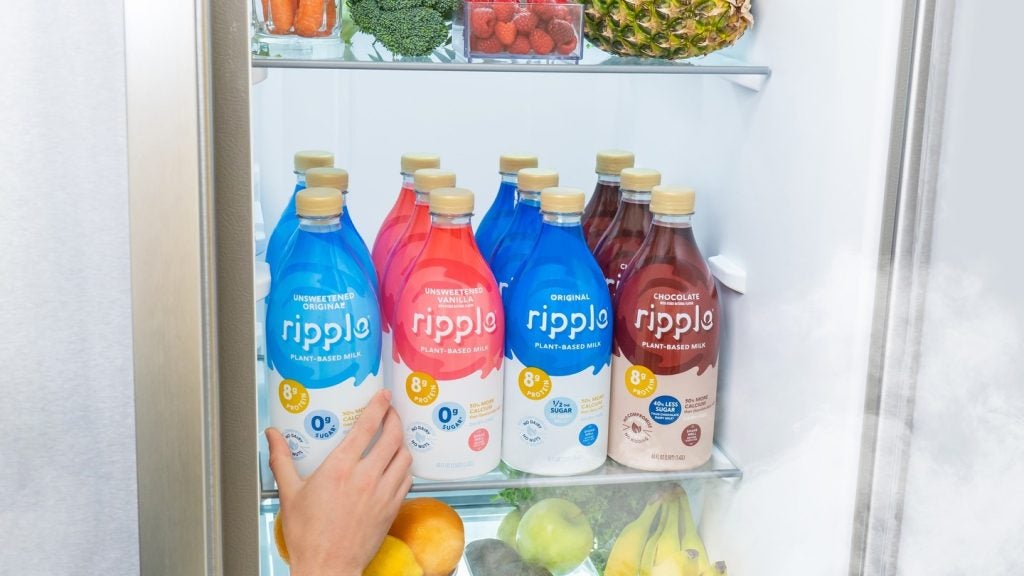Alongside our daily news coverage, features and interviews, the Just Drinks news team sifts through the week’s most intriguing data sets to bring you a roundup of the week in numbers.
This week, we took a look at Rémy Cointreau's latest financials, the auction prices for upmarket Scotch whiskies and consumption and production data for beer in the EU.
Rémy Cointreau profits plunge
Rémy Cointreau this week reported a 49.5% fall in net profit for the first half of 2023 to €113m ($123.1m).
The Paris-headquartered group booked a 46.4% drop in operating profit to €169.1m for the six months to the end of September.
Rémy Cointreau also provides a metric of “current operating profit”, which slid 47% to €169.1m and by down 43% on an organic basis.
In October, the Louis XIII brand owner cut its sales outlook and lowered its profit guidance. The group expects full-year sales to drop by 15%-20% versus stable previously.
Rémy Cointreau’s chief financial officer said the spirits group aimed to make €100m ($106m) through “cost-saving” methods after a disappointing second-quarter. It said this week it has cut costs by about €25m in the first half.
Top-end Scotch value dips
The value of the world’s most expensive Scotch (bottles sold at auction for £1,000 [$1,263] and above) dipped in 2023 despite volumes increasing.
Total auction sales for fine and rare whiskies dipped 7% year on year to £26.77m, according to analysis from Scottish investment bank Noble & Co.
Volumes, however, increased 10% year-on-year to over 8,500 sales, as “general interest in the category continues to drive overall volume growth” Noble & Co. said.
The total category, meanwhile, rose to £49.38m from £48.44m in 2022.
“Overall demand in the secondary whisky market continues to rise as new investors enter the market and whisky trading increases in popularity,” Noble & Co. said.
Another funding round for dairy alts business Ripple Foods
Ripple Foods, a US supplier of dairy alternatives, has raised $49.2m in its latest funding round.
The latest round follows a $57.3m Series E in 2021, $55.8m Series D in 2020, and $65m Series C in 2018.
Ripple Foods’ value proposition resides in its proprietary trademarked pea protein, Ripptein, which is used across its portfolio of products, including its pea milk and its protein shakes. The brand claims its patent-pending method to extract this protein from yellow peas removes the unsavoury taste associated with impurities like flavonoids and tannins.
The company has yet to comment on its latest funding beyond an SEC filing disclosing the investment. That filing showed the company was offering a mix of equity, debt and options worth $55.4m.
The fresh funding comes even as the wider plant-based milk category slows and competition hots up.
Last month, branded and private-label plant-based milk supplier SunOpta said there is set to be a step-up in promotional activity in the US next year.
The company predicted more promotions in the retail market for shelf-stable, plant-based milk.
“I think as the collective brand owners have experienced some volume softness in track channels, I would expect that the promotional activity in 2024 will intensify,” Joe Ennen, SunOpta’s CEO, said.
EU’s thirst for beer not quite at pre-Covid levels
Beer sales in the EU edged higher in 2022 but remained below pre-pandemic levels, data suggests.
Beer sales in the bloc rose to 313.3m hl in 2022, up from 300.6m hl in 2021 and 297.5m hl in 2020, according to research by trade body The Brewers of Europe.
Despite the positive trend, consumption has not caught up with pre-pandemic levels – in 2019 there were 322.8m hl of beer sold in the EU.
“The last few years have seen new challenges coming thick and fast but the beer market is on the road to recovery since the Covid pandemic in 2020 forced bars, cafés and restaurants to close, with lockdowns keeping people from enjoying a beer with friends, family and new acquaintances,” Simon Spillane, head of operations at The Brewers of Europe, said.
“If 2020 brought an abrupt end to the gradual growth in production and consumption for European brewers, the recovery has been more steady and we can see in 2022 that the market was not yet back to its pre-Covid health.”


